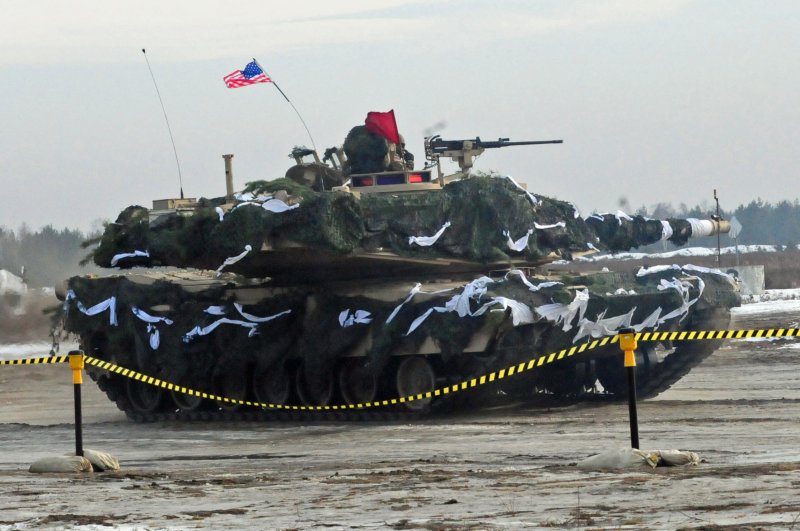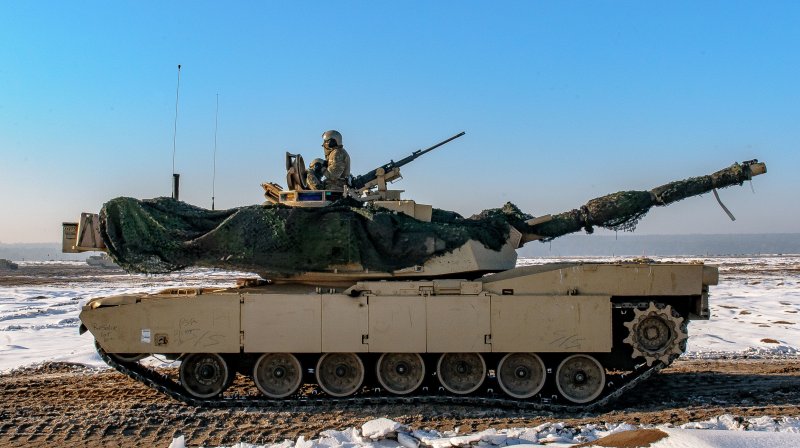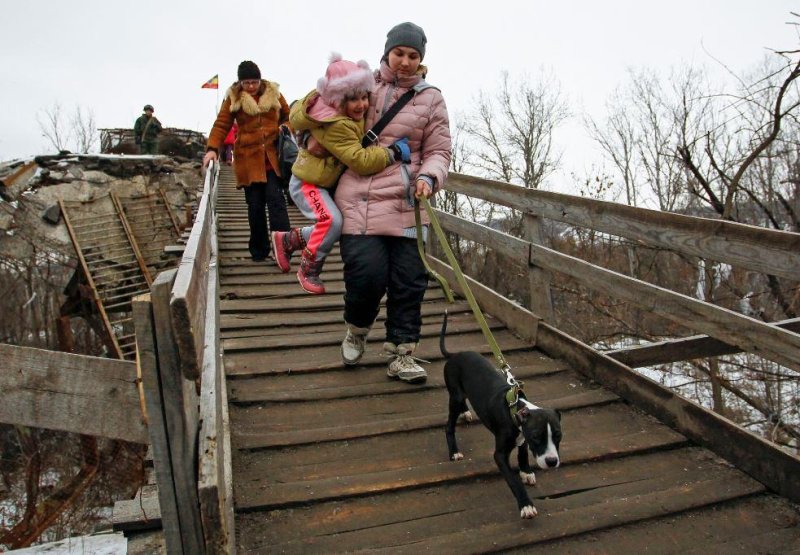Preacher
Gold Member
It's happened - Eastern Europe, Balkan and Baltic countries now legally forced to accept tsunamigration - White GeNOcide Project
So leave the EU!.....I mean are you going to sit there and allow your countries to be raped and invaded by nonwhite scum or do something about it? Create a trade pact with each other and tell the EU to fuck off.
So leave the EU!.....I mean are you going to sit there and allow your countries to be raped and invaded by nonwhite scum or do something about it? Create a trade pact with each other and tell the EU to fuck off.





